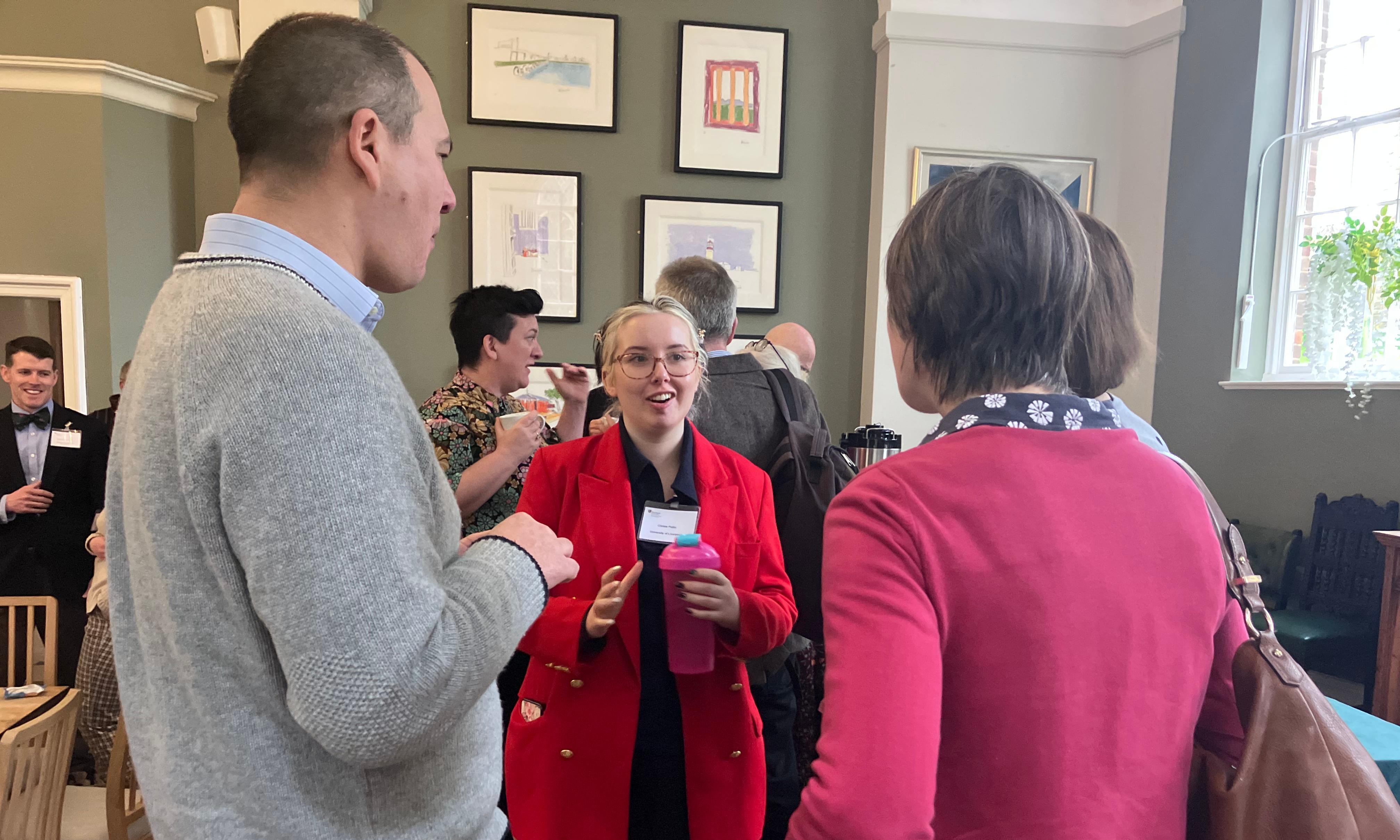Call for Papers for our 2025 conference: Envisioning and Exploring Recovery from Moral Injury

An interdisciplinary conference taking place in person in Durham, UK, on 7-9 April 2025
Call for Papers
Researchers and clinicians in the past decade have proposed several helpful ways of dealing with morally injury at an individual level, and these interventions are certainly critical in preventing negative mental health outcomes. However, as they will often suggest, these interventions are the beginning of recovery from moral injury, not a cure. In fact, Jonathan Shay held that the most pernicious aspect of moral injury moral injury was the destruction of social trust, which he defined as “the expectation that power will be used in accordance with ‘what’s right.’”[1] The betrayal of this concept, he would later argue, whether by authorities or oneself, resulted in a profound sense of alienation between the morally injured person and their governments, nations, communities and friends and relatives in whom they would otherwise place moral trust. If the loss of social trust is at the heart of the corrosive character of moral injury, then recovery from it will have social dimensions.
Yet there is little research that engages the restoration of social trust after moral injury or grapples with the complex ways in which our individual moral actions relate to our moral communities. As a team of Dutch researchers recently noted, moral injury has the capacity to expose the complexities of moral discourse in communal contexts that may “engender discomfort.”[2] They note further, however, that this discomfort should not be ignored, but rather that “this discomfort indicates that spiritual/existential, organisational, societal and political dimensions may be relevant to soldiers’ suffering, and that the concept of moral injury has the potential of illuminating this relevance.”
This conference seeks to highlight research and facilitate conversations on ways of envisioning social recovery from moral injury in a wide variety of cultural and vocational contexts. Such research and conversation may entail a re-envisioning of moral injury as a concept, the assumptions and foundational ideas upon which those definitions are constructed, and/or look towards practices of moral restoration and repair – either as individuals or in collective contexts. As such, we warmly welcomes paper proposals that explore these aspects of moral injury and recovery, that envision pathways of recovery from moral injury, those that identify aspects of moral injury that are critical in addressing recovery, and that seek to add importantly to the conversation through examining moral injury in particular situations and contexts.
While these will be the central themes of the conference, we value the diverse mix of papers around moral injury that our previous conferences have elicited – and we value the collaborative efforts that they have helped foster. Thus, if you are doing research around moral injury and are wondering whether or not your proposal fits these themes, we’d encourage you to submit a paper proposal.
Paper presentations will be 20 minutes (around 2500 words) in length, with a 10-minute question and answer session to follow.
In recognition that moral injury has many facets and that these are illuminated best through interdisciplinary dialogue from a variety of experiences, we welcome paper proposals from:
- All academic disciplines across the humanities, sciences and social sciences;
- Chaplains, clergy, psychologists and others with practical experiences of care for those with moral injury.
If you would like to submit a paper proposal, please submit a 500-word synopsis and some brief biographical information using our online paper proposal form by Friday 6 December 2024.
Venue and programme
The conference will take place at Durham University in the North East of England. The venue will be St Chad's College (pictured) which is in the historic city centre and 20 metres from Durham's World Heritage Site which comprises the magnificent Norman cathedral and castle in their dramatic position on top of the steep wooded banks of the River Wear.
The conference will run from 1.15pm on Monday 7 April to 1.15pm on Wednesday 9 April 2025.
Registration
Registration will open in early 2025. The standard registration fee will be £260 (GBP); students will be eligible to register for the subsidised registration fee of £190. This registration fee includes refreshments, dinner on 7 April, and lunch and dinner on 8 April.
A small number of travel bursaries will be available intended for students and early career researchers presenting papers. This is a small fund that can offer limited, partial help towards travel costs – these are intended only for those for whom the full costs of travel would be prohibitive. If you would like to be considered for a travel bursary, please include this request in the “Other Notes” section of the paper proposal form, outlining where you would be travelling from and giving a breakdown of your travel costs.
Please note that we will not be in a position to offer overnight accommodation at the University until February 2025. Paper proposers on a tight budget might wish to book a room at one of Durham’s more reasonably priced hotels. At the time of writing, refundable bookings are available at the Travelodge for around £58 per night. Delegates with more flexibility might like to consider the Premier Inn, Marriott, Radisson, or Hotel Indigo.
To ensure you are notified when conference registration opens, please ensure you are on our mailing list.
Questions?
If you have any questions about the conference please do not hesitate to contact us at icmi@durham.ac.uk.
[1] Jonathan Shay, Odysseus In America: Combat Trauma and the Trials of Homecoming (New York: Scribner, 2002), 151.
[2] Tine Molendijk, Willemijn Verkoren, Annelieke Drogendijk, Martin Elands, Eric-Hans Kramer, Annika Smit & Désirée Verweij (2022) Contextual dimensions of moral injury: An interdisciplinary review, Military Psychology, 34:6, 742-753, DOI:10.1080/08995605.2022.2035643.


/prod01/prodbucket01/media/durham-university/research-/research-centres/international-centre-for-moral-injury/Moral-injury-banner-1920X290.jpg)